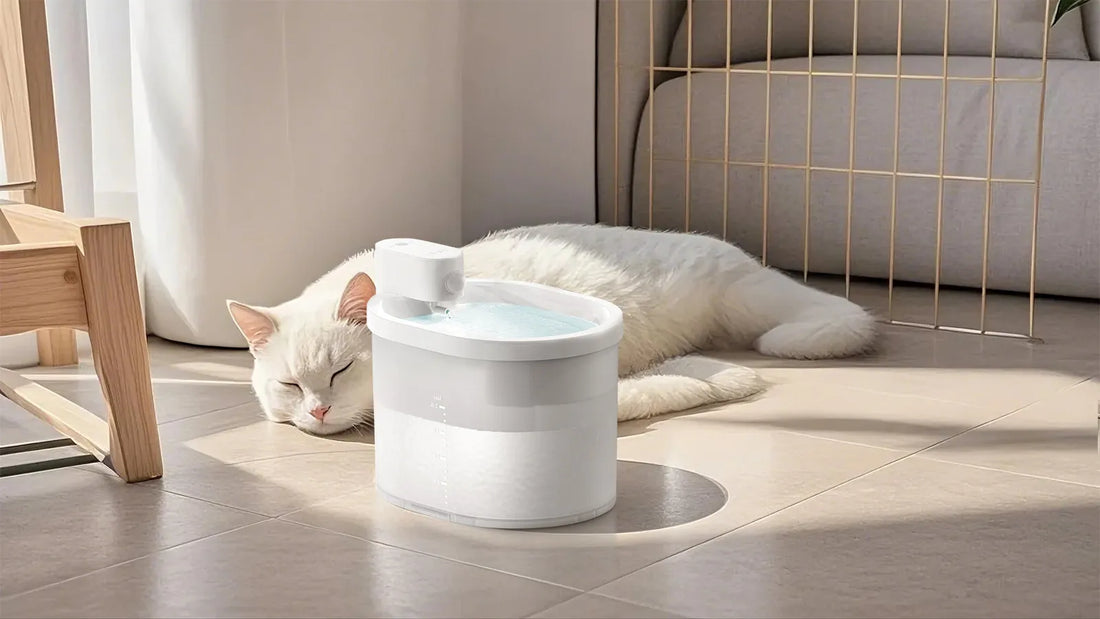Seeing your dog throw up yellow bile, refuse food and water, and shake uncontrollably can be alarming. These symptoms often indicate an underlying issue that requires immediate attention. Understanding the possible causes and knowing how to respond can make a significant difference in your pet's health and well-being.
What Does Yellow Bile Vomit Mean?
Yellow bile vomit in dogs is often a sign of an empty stomach. When a dog hasn't eaten for a while, bile can accumulate and irritate the stomach lining, leading to vomiting. However, this symptom can also be associated with more serious conditions, such as gastrointestinal disorders or liver problems.
Why Is My Dog Not Eating or Drinking?
A dog refusing to eat or drink is a red flag that something is wrong. Loss of appetite can be caused by stress, illness, or pain. Dehydration is a significant concern if your dog isn't drinking water, as it can lead to further complications.
Why Is My Dog Shaking?
Shaking in dogs can be a response to pain, fear, or illness. It can also indicate conditions like hypoglycemia, poisoning, or neurological disorders. If your dog is shaking persistently, it's crucial to investigate the cause.
Common Causes of These Symptoms
Several conditions can cause your dog to throw up yellow bile, refuse food and water, and shake. These include:
- Gastrointestinal Issues: Conditions like gastritis, pancreatitis, or intestinal blockages can lead to vomiting and loss of appetite.
- Liver or Kidney Disease: These organs play a vital role in digestion and detoxification. Malfunction can cause vomiting and lethargy.
- Infections: Bacterial or viral infections can lead to gastrointestinal distress and systemic symptoms like shaking.
- Toxicity: Ingestion of toxic substances can cause vomiting, shaking, and refusal to eat or drink.
Immediate Steps to Take
If your dog is showing these symptoms, take the following steps:
- Monitor Closely: Keep an eye on your dog's behavior and note any changes.
- Provide Comfort: Ensure your dog is in a calm and comfortable environment.
- Offer Small Amounts of Water: Encourage your dog to drink small amounts of water to prevent dehydration.
- Withhold Food Temporarily: Avoid feeding your dog for a few hours to allow the stomach to settle.
When to Seek Veterinary Care
If your dog's symptoms persist for more than 24 hours, or if they worsen, seek veterinary care immediately. Signs that require urgent attention include:
- Persistent vomiting or diarrhea
- Severe lethargy or weakness
- Signs of pain or discomfort
- Uncontrolled shaking or seizures
Preventive Measures
To reduce the risk of these symptoms, consider the following preventive measures:
- Regular Feeding Schedule: Feed your dog at consistent times to prevent bile buildup.
- Balanced Diet: Ensure your dog's diet is nutritious and appropriate for their age and breed.
- Regular Check-Ups: Schedule routine veterinary visits to catch potential issues early.
- Safe Environment: Keep toxic substances out of reach and monitor your dog's activities.
Your dog's health is a priority, and recognizing the signs of distress early can save their life. If your dog is throwing up yellow bile, refusing to eat or drink, and shaking, act promptly to address the issue. With proper care and attention, you can help your furry friend recover and thrive.













